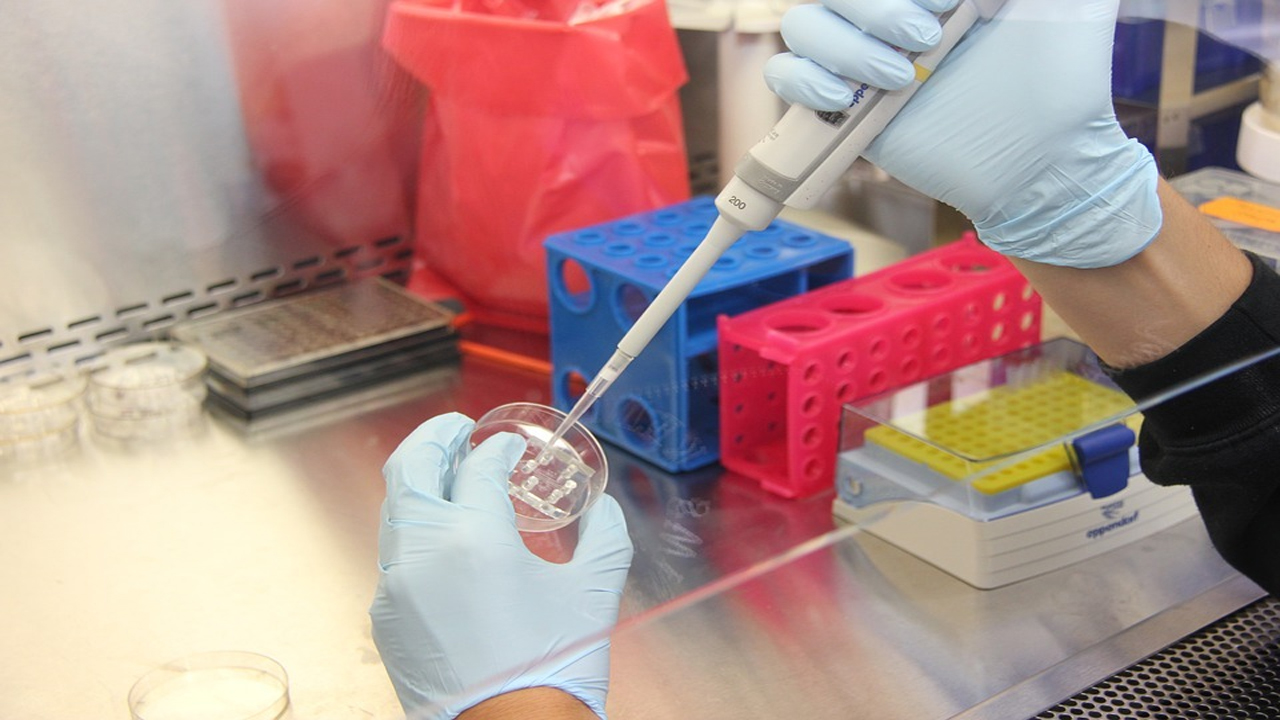Impel NeuroPharma, a late-stage biopharmaceutical company, today announced that it has submitted a New Drug Application (NDA) for INP104 (dihydroergotamine mesylate) or DHE to the U.S. Food and Drug Administration (FDA) for the acute treatment of migraine headaches with or without aura in adult patients. INP104 uses the Company's proprietary Precision Olfactory Delivery (POD) technology, a novel delivery system that uniquely targets the vascular-rich upper nasal space. Impel is focused on the development and commercialization of transformative therapies for patients living with central nervous system (CNS) disorders with high unmet medical needs and INP104 is the Company's first therapeutic candidate to be submitted for U.S. regulatory review.
"The submission of INP104 represents our first NDA and marks a major milestone for Impel as we rapidly advance our pipeline of differentiated, potentially transformative therapies for people living with CNS disorders," said Adrian Adams, chairman and chief executive officer of Impel NeuroPharma. "Based upon the previously reported positive results of the STOP 301 study, we believe that INP104 has the potential to provide an important new option for people who need a fast, effective, and consistently reliable acute treatment of migraine headaches."
The NDA submission for INP104 is supported by safety results from the pivotal Phase 3 STOP 301 study, in which over 5,650 migraine attacks were treated over 24 or 52 weeks. The study met its primary objectives, with no new safety signals or concerning trends in nasal safety findings observed for INP104 following delivery of DHE to the upper nasal space. For the 24-week Full Safety Set (FSS) (n=354), the majority of treatment-emergent adverse events (TEAEs) were mild and transient in nature. The most frequently reported TEAEs (≥5%) during the entire 24-week period were nasal congestion (16.7%), nausea (7.9%), nasal discomfort (5.4%), and abnormal taste (5.1%). No cardiac TEAEs were observed, and no significant changes in mean heart rate were observed over 24 weeks of treatment. No drug-related serious adverse events (SAEs) were observed over the entire 52-week study. Exploratory efficacy data in the FSS (n=354) observed that 66.3% of patients reported pain relief, 38% of patients reported pain freedom, and 52% had freedom from their most bothersome migraine symptom (MBS) at two hours following their first dose of INP104. In 85% of reported migraine attacks, patients did not require rescue medication. Initial onset of pain relief as early as 15 minutes was reported by 16.3% of patients, which continued to improve over time. The STOP 301 study is one of the largest longitudinal studies of DHE to date.

 INP104 is indicated in treatment of acute migraine
INP104 is indicated in treatment of acute migraine










.jpeg)

.jpeg)
.jpeg)

.jpeg)


.jpeg)



.jpeg)
.jpeg)
.jpeg)


.jpg)


.jpeg)
.jpeg)